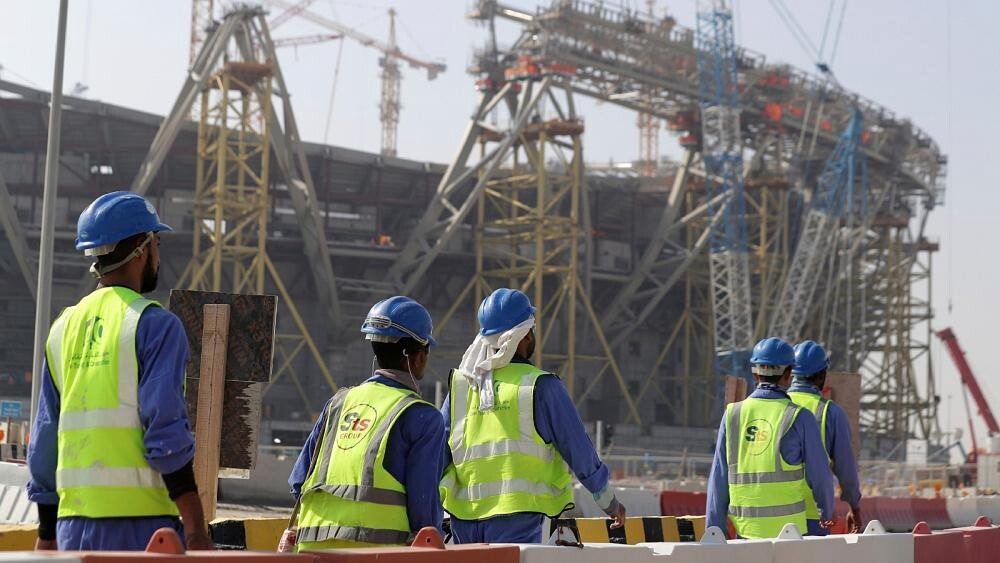In an effort to ensure workers in Qatar know their rights, the National Human Rights Committee (NHRC), in partnership with the National Human Rights Commission of Nepal, organised a virtual legal education seminar for the Nepalese community on recent changes in labour law.
A virtual seminar was delivered to the Nepalese community in Qatar on Thursday to highlight the recent changes in labour law, ensuring that all workers are aware of all new amendments, NHRC said.
The seminar focused on recent changes to Qatar’s labour laws, which set the minimum wage for workers and domestic workers, as well as changes regarding the regulation of entry, exit and residence of expatriates.
“Since the Committee started its work, it has implemented many programs and activities in cooperation with all relevant ministries, institutions and government departments, as well as civil society organisations, in order to promote and protect workers’ rights and address workers’ issues at the level of preventive and supervisory procedures and legal aid,” said NHRC Assistant Secretary-General Sultan Hassan Al Jamali.
Read more: Qatar ‘dismantles’ its Kafala system and introduces major new labour reforms
Al-Jamali said that Qatar’s efforts in amending labour laws and mobilising adequate guarantees for workers’ rights prompted the committee to organise educational and awareness events to the target groups of all workers in the Gulf state.
The move is part of efforts to raise awareness on legal issues among the Nepalese community, in addition to ensuring all parties understand their working rights in the country. This includes minimum wage, employment, and contract changes.
Prof. Mohammad Ramadan, representative of the Nepalese Community Office at NHRC, praised the cooperation and highlighted the continuous efforts by NHRC to look after the Nepalese community.
Major reforms
Since winning the bid to host the FIFA World Cup 2022, Qatar has come under global scrutiny due to work-related deaths at stadium construction sites.
In August, Qatar’s ministry of labour announced major new changes in the country’s labour market, allowing migrant workers to change jobs without their employer’s permission and introducing a non-discriminatory minimum wage.
The move, which is set to start a new era for the Qatari labour market, was praised by many international organisations, including the International Labour Organisation [ILO].
Read more: Qatar’s new labour laws: After celebration must come work
“By introducing these significant changes, Qatar has delivered on a commitment. One that will give workers more freedom and protection, and employers more choice,” said Guy Ryder, the ILO Director-General. “We are witnessing what can be achieved when governments, workers and employers work together with the ILO to promote decent work for all.”
The announcement is part of Qatar’s 2030 National Vision of protecting workers and ensuring their safety, a step described by Yousuf Mohamed Al Othman Fakhroo, Minister of Administrative Development, Labour and Social Affairs, as a major milestone for the country.







